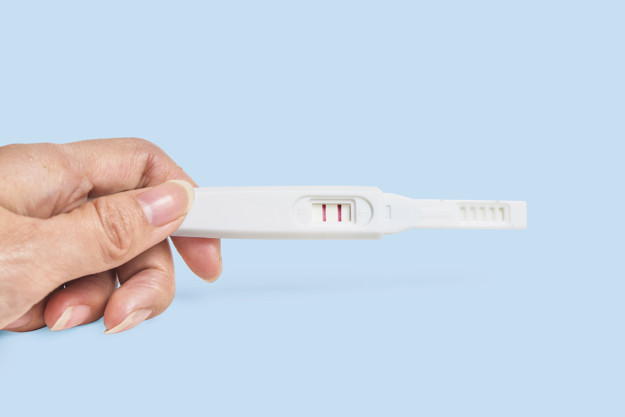The menstruation period is a common thing about women, but unfortunately, not everyone is aware of their ovulation days. It usually happens around 14 days before the period starts, and for couples trying to conceive a baby, this period is the best time to attempt doing that.
However, it still differs for every person. For women with regular periods, it’s easy to detect the days that this may span. Yet, for individuals with a history of irregularity in their menstrual cycle, Ovulation tests are the best way to confirm the days.
What is Ovulation Testing?
Ovulation tests are used in finding out the best days a woman is most likely to get pregnant. It is most commonly done with urine analysis to detect the level of luteinising hormone (LH). This hormone’s rising levels signal the woman’s ovary to release the healthy egg into the fallopian tube. Once the egg is safely transported from the ovary, the ovulation will most likely occur within the next day or the following 12 hours.
Types of Ovulation Tests
Ovulation testing kits are easily accessible from pharmacies and other clinical stores. It is available in various types, and women can use any of these depending on their preferences. Some of the types most recommended by doctors are:
-
Fertility monitors
Mostly done with urine help, fertility monitors are gadgets that track estrogen levels in a woman’s urinary waste. It helps in predicting the peak of fertility in every cycle.
-
Saliva tests
Saliva testing is the second most common type of ovulation testing. Just before the ovulation period starts, an individual’s saliva component changes. This is one of the simplest or most efficient ways to conduct Ovulation tests.
-
Basal body temperature chart
BBT chart measures the fluctuations of an individual’s basal body temperature. Within a cycle, there is a significant increase in BBT, which often suggests that the ovulation period has started. With the chart’s help, a woman can determine when she is most likely to be fertile.
How Accurate are Ovulation Tests?
Over the years, professionals have developed ovulation kits to be more accurate determiners of the given period. Unlike temperature and calendar-based methods, they tend to be more precise, allowing couples to find the best date when trying to conceive.
Of course, there are still certain precautions to ensure that the ovulation tests will be at their most reliable. However, some factors might affect estrogen and LH levels in a woman’s body, leading to false-positive results in an incorrect prediction. Some of those are:
-
Luteinised unruptured follicle syndrome (LUFS)
LUFS is a syndrome that causes failed ovulation due to the follicles not rupturing despite ovulatory changes. Ovulation is associated with notable differences in hormonal activity.
-
Genetic disorders
Genetic abnormalities may sometimes affect the ovulation process of a woman. In some cases, this even leads to infertility which is the failure to conceive a foetus.
-
Polycystic ovary syndrome (PCOS)
PCOS is a common hormonal disorder that primarily affects most women in their reproductive ages. People with this disorder usually suffer from excessive androgen levels and prolonged menstrual periods. This refers to developing several small fluid sacs, known as cysts, inside the ovary, affecting a healthy egg cell’s production. In most cases, the ovary fails to release eggs resulting in irregular menstruation.
Predicting ovulation is not a complicated process. With an adequate amount of information, it will be simpler to determine this period. Once familiarised with the overall cycle, it will be effortless for an individual to track fertile days and know the days when to stimulate the process of conception.

